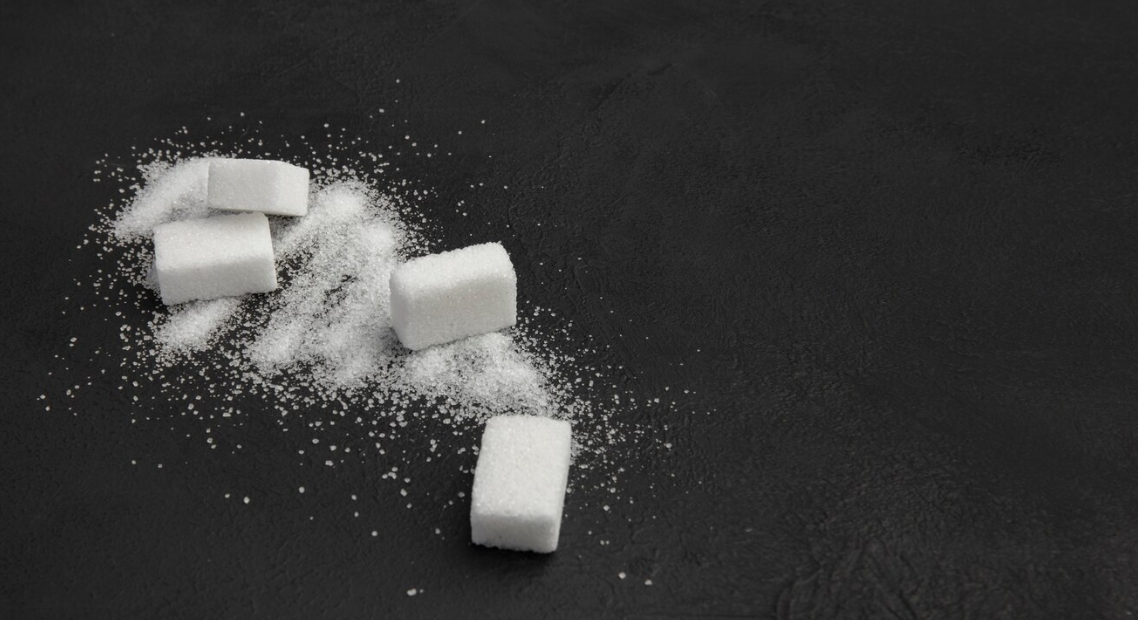Nigeria is reportedly losing more than ₦200 billion every year due to the ineffective implementation of the Sugar-Sweetened Beverage (SSB) tax, according to a recent report by the Corporate Accountability and Public Participation Africa (CAPPA). The organization is calling for an urgent policy review, including a significant increase in the tax, from ₦10 to ₦130 per litre to effectively curb non-communicable diseases (NCDs) and boost national revenue.
The SSB tax was introduced in 2021 as part of the Finance Act to reduce the consumption of sugary drinks and discourage unhealthy dietary habits. However, CAPPA argues that the current ₦10 per litre excise duty is too low to make any meaningful health or fiscal impact.
The Health and Fiscal Toll of Sugar-Sweetened Beverages
The rising consumption of sugary drinks in Nigeria has been linked to a surge in non-communicable diseases such as:
-
Type 2 diabetes
-
Obesity and heart disease
-
Dental complications and hypertension
CAPPA’s findings show that Nigeria is among the top consumers of sugary beverages in Africa, and the weak enforcement of the SSB tax has allowed manufacturers and retailers to continue aggressive marketing, especially among children and youth.
“The government is losing over ₦200 billion annually—revenue that could have gone into public health and nutrition programs,” said Akinbode Oluwafemi, CAPPA’s Executive Director, during a stakeholder forum in Abuja.
Why ₦10 Per Litre Isn’t Enough
Global health experts, including the World Health Organization (WHO), recommend that taxes on sugary beverages should be at least 20% of the retail price to create a significant drop in consumption. CAPPA estimates that the current ₦10/litre rate accounts for less than 5% of the retail cost of many popular drinks, rendering it ineffective as a deterrent.
CAPPA’s proposal to raise the tax to ₦130 per litre is based on:
-
The need to align with global best practices
-
The projected reduction in sugar-related health risks
-
The opportunity to raise over ₦500 billion annually for health and nutrition-related expenditures
The Call for Reform: CAPPA’s Policy Demands
CAPPA is urging the Federal Government to:
-
Raise the SSB tax from ₦10 to ₦130 per litre
-
Ensure transparent tracking and allocation of SSB tax revenue to fund primary healthcare services
-
Ban the marketing of sugary drinks to children
-
Mandate clear warning labels on sugary beverage packaging
-
Conduct nationwide campaigns on the dangers of excessive sugar intake
“We are not against business; we are for public health. A well-structured SSB tax will save lives, reduce healthcare costs, and strengthen our economy,” Oluwafemi added.
Industry Pushback and Public Debate
While public health advocates have welcomed the proposal, some industry players and economic analysts argue that such a steep tax hike could:
-
Raise the cost of beverages, hurting small vendors
-
Lead to job losses in the manufacturing and retail sectors
-
Encourage the rise of unregulated, informal beverage markets
However, CAPPA and other civil society organizations maintain that public health must take priority, and that other countries—such as Mexico, South Africa, and the Philippines—have implemented similar taxes with positive outcomes, both in terms of reduced consumption and improved public health financing.
Conclusion: A Tax That Could Save Lives and Funds
Nigeria’s struggle with non-communicable diseases continues to grow, and the underperformance of the SSB tax represents a missed opportunity to both improve health and generate vital public revenue. As CAPPA’s call for reform gains momentum, the question now is whether policymakers will act decisively to strengthen the country’s fiscal health tools and disease prevention strategies.
The proposed reform isn’t just about taxing sugar, it’s about protecting Nigeria’s future.
Published on Xamblog.com – In-depth coverage of Nigeria’s policy, health, and development landscape.
Last Updated on July 9, 2025 by kingstar





